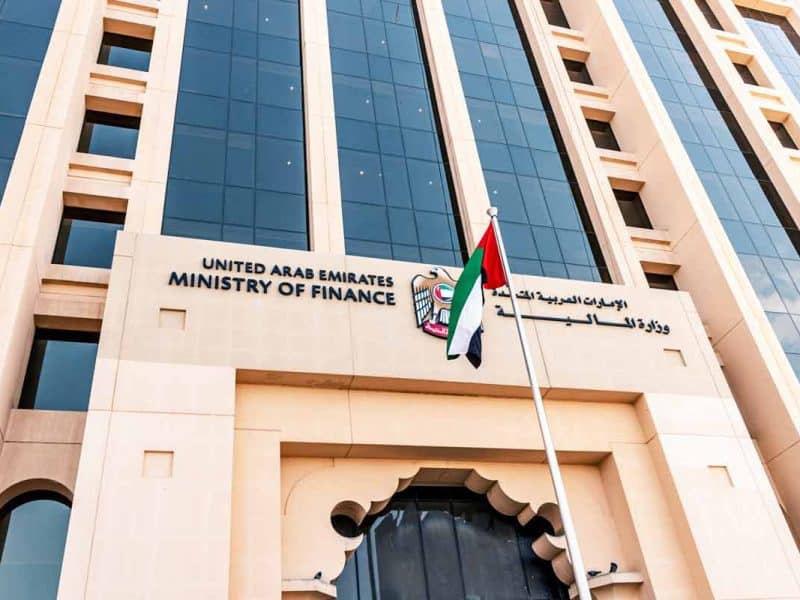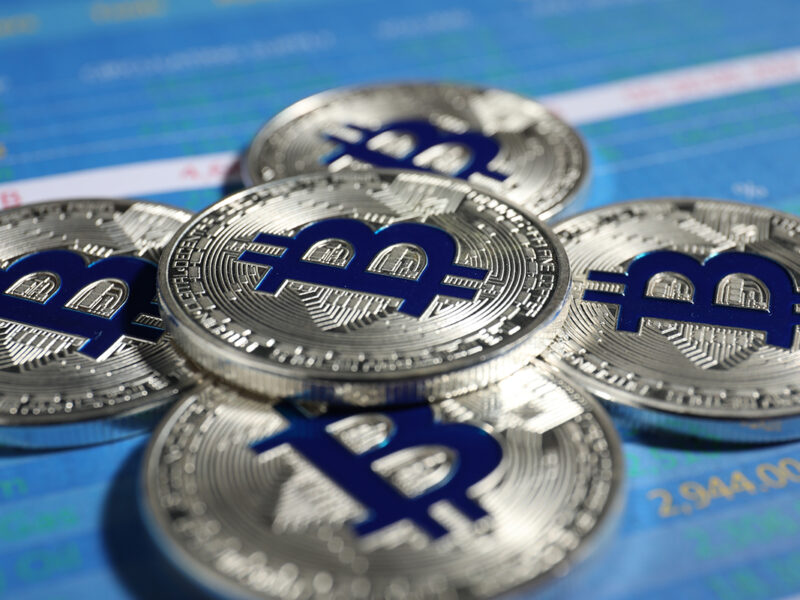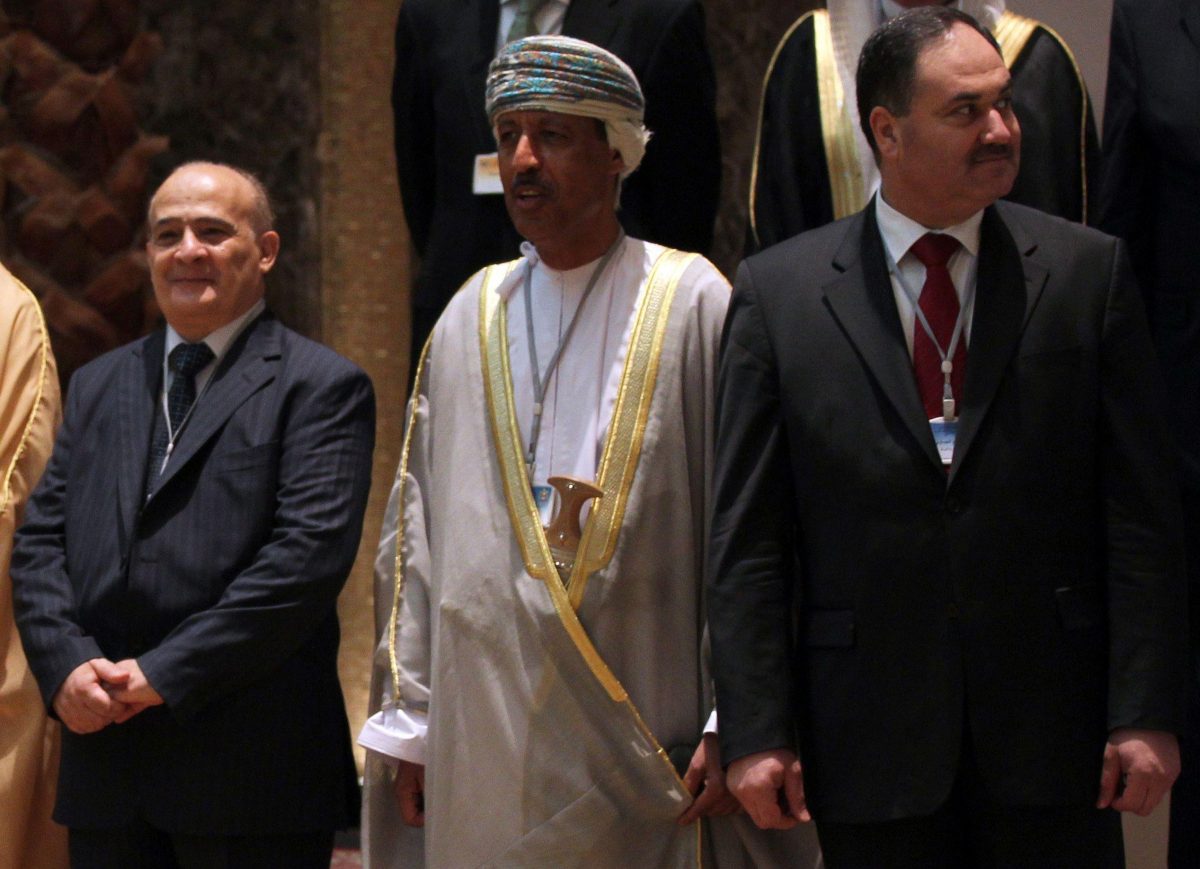Despite the sanctions inflicted on Syria, the country’s economy will not “collapse,” outgoing Finance Minister Mohammed Al Jleilati said in an interview with Arabian Business today.
Jleilati, speaking from Damascus, claimed that GDP growth this year will be between 0 and 2 percent while the fiscal deficit “remains within normal estimates” and on target of 6 to 7 percent of GDP.
The minister also said that Syria is close to finalising an agreement within the coming month that will allow it to export crude, while also partially offsetting diesel and gas shortages brought on by international sanctions.
“There is a serious attempt to secure the export of our surplus and we might be able to export oil after 20 days or a month,” Jleilati said.
The output of Syrian refineries used to account for about 70 percent of crude consumed in the country, while cooking gas, diesel and other derivatives were imported. The US and European Union (EU) imposed sanctions on Syria last year after President Bashar Al Assad’s government began to crack down on a popular rebellion.
“Sanctions have negatively impacted the Syrian economy by forbidding it to export oil and not allowing ships to transport or for insurance companies to cover ships transporting to and from the country.” Jleilati said. “When they sanctioned our ability to import we had to use the state’s money to secure imports to meet local demand. We have a shortage of gas and we’re trying to secure the 40 percent shortfall from various sources and we will have enough shortly.”
The oil industry accounted for 20 percent of gross domestic product before the uprising began and the EU used to buy 95 percent of Syria’s oil exports. The country’s economy has lost US$4 billion in revenue as a result of the oil sanctions, Jleilati said.
International sanctions have slowed the pace of economic growth, while fifteen months of political unrest in the country has so far claimed more than 10,000 lives, according to United Nations estimates. European and US sanctions have increased pressure on Assad’s administration as fuel shortages and a depreciating currency further threaten the stability of the country.
The Syrian pound is trading at about 70 to the dollar in the black market compared with 47 before the rebellion began in March of last year. Inflation rose to 31.5 percent in April compared with the same month a year ago, as the cost of food products increased, the government’s Central Bureau of Statistics reported last week. Syria’s economy contracted 3.4 percent in 2011 largely due to the unrest, while GDP is expected to shrink by 8.1 percent in 2012, according to the Economist Intelligence Unit.
“There’s a slowdown in the implementation of projects,” he said. “Tourism projects have slowed down. I can’t tell you that there are foreign investors coming, of course no foreign investor is coming now and putting their money in a project amid the current conditions,” he added.
In a letter to the United Nations General Assembly last month Syria’s UN permanent representative Bashar Al Ja’afari said hotel occupancy had dropped from an average of 90 percent before the crisis began in March 2011 to less than 15 percent, adding that 40 percent of those employed in the tourism industry have lost their jobs.
Total unemployment has increased from about 12 percent to 25 percent, Jleilati said, adding this was “natural” given the current conditions and the fact that about 200,000 people enter the workforce each year.
“We have been impacted in general and by the sanctions but that doesn’t mean that our economy will collapse and it won’t because we in Syria depend on our own resources,” Jleilati said. “We have enough to cover our agriculture, grain and wheat demands.”
The sanctions and inflation haven’t “really affected the state per se but the lives of citizens,” he added.








